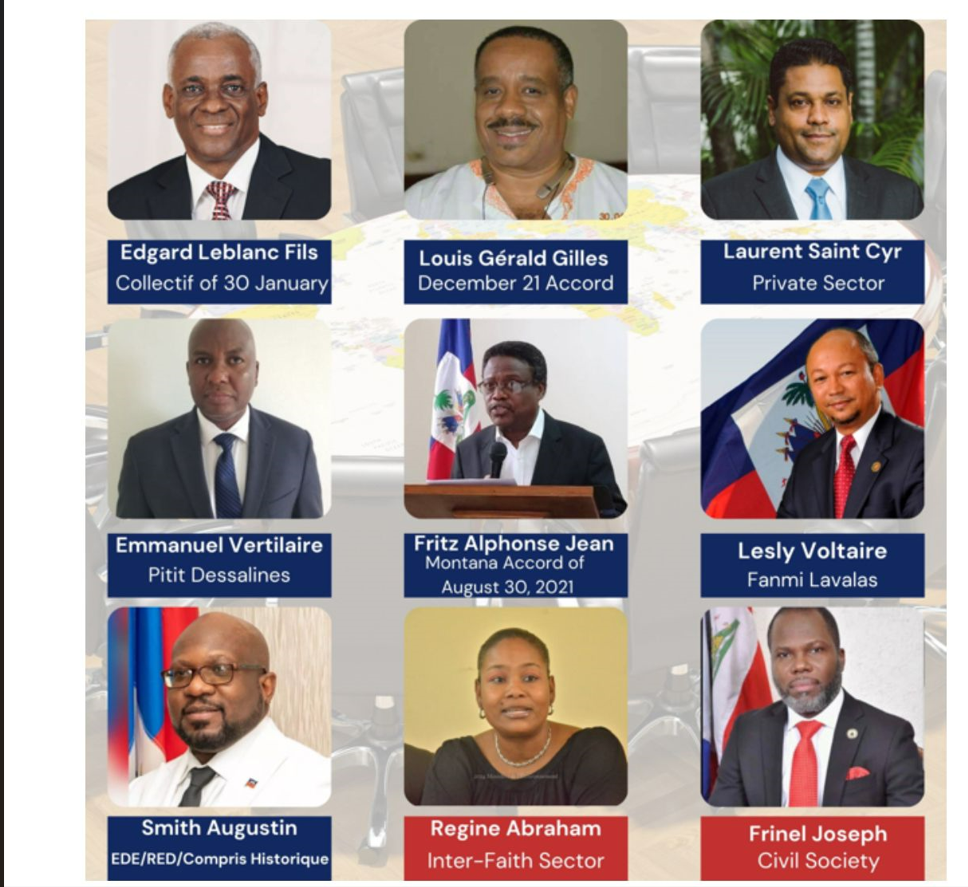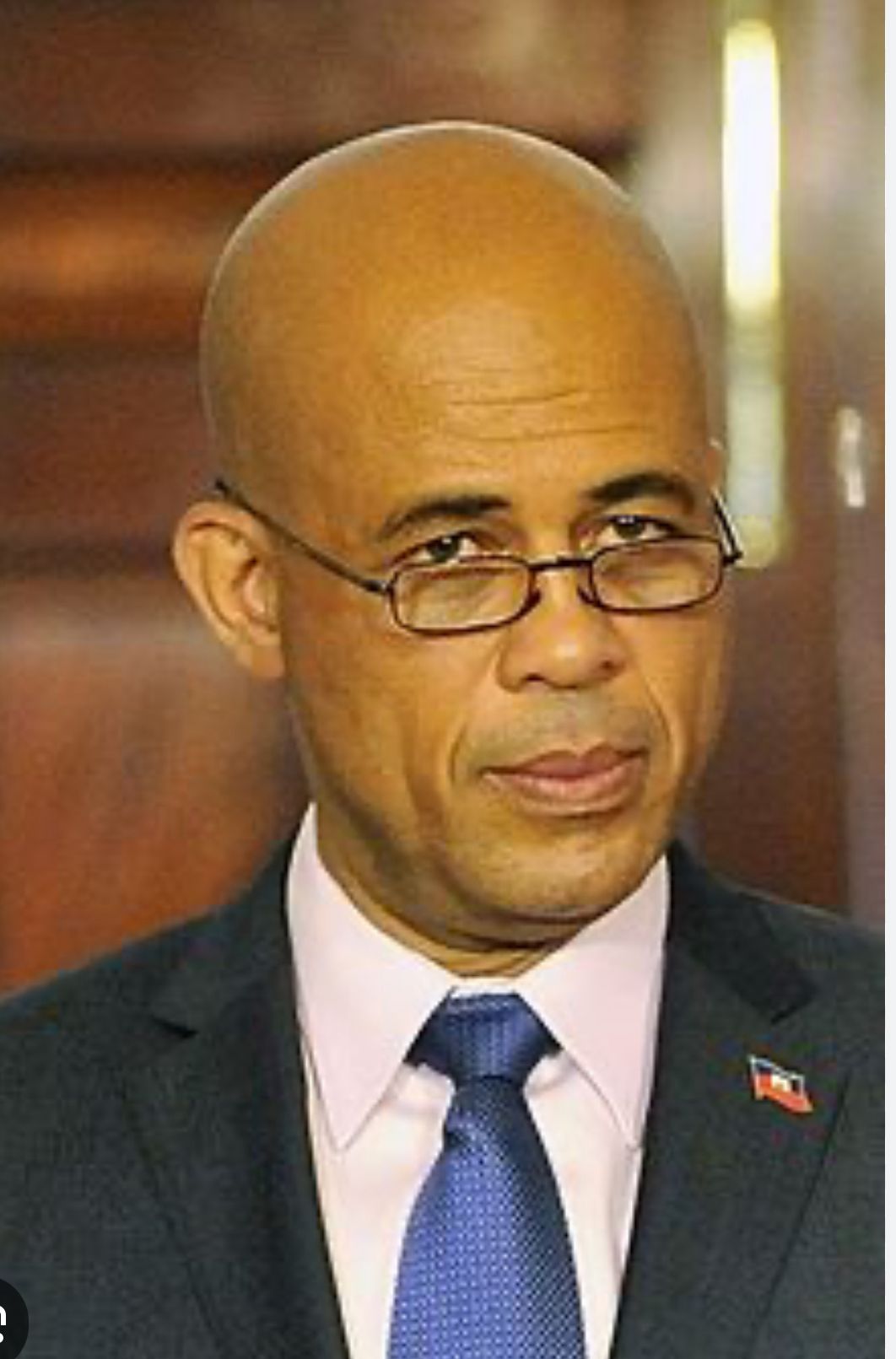|
Getting your Trinity Audio player ready...
|
BY: EMMANUEL ROY
Forty years of failed leadership, corruption, and sheer incompetence have turned Haiti into a failed state controlled by criminal gangs financed by Haitian businessmen.
While Haiti burns, West Africa is experiencing the emergence of young, vibrant, and progressive leadership. A new axis of resistance is spanning the Sahel region of Africa, from west to east, from Burkina Faso, Mali, and Niger to Chad, Sudan, Eritrea, and now Senegal; these young leaders, which include Ibrahim Traore, 36, of Burkina Faso, Aby Ahmed, 46, of Ethiopia, Andry Rajoelina, 48, of Madagascar, as well as Julius Malema, 44, of South Africa are part of the new, young Pan-African generation focused on sovereignty, and the fight against corruption, exploitation and incompetence.

Ibrahim Traore, Burkina Faso
This young generation is not only reclaiming its independence from its former colonial masters but also divorcing itself from the politics of the past. As Haiti struggles to create a transitional government to reclaim control of the country from criminal gangs, it can learn some essential lessons from Burkina Faso and Senegal – a complete breakaway from traditional politicians to a new emerging generation of progressive leaders.
Four weeks ago, criminal gangs took over the local international airport in Port-au-Prince and the local prison, freeing over four thousand prisoners, and threatened a civil war if the sitting prime minister Ariel Henry were to return. Henry was on a trip to Kenya to sign an agreement with Kenyan President William Ruto to allow a thousand Kenyan police officers to come to Haiti.
CARICOM, a regional Caribbean organization under the dicta of the international community, has been working with local political parties (Lavalas, PHTK, Pitit Dessalines, RED, and others) to develop a negotiated power-sharing agreement. Two weeks later, they devised a Presidential Council comprising seven voting members and two observers. This Presidential Council of former politicians from the same political parties that led Haiti to where it is today was dead on arrival.

From the Haitian Diaspora on all seven continents to Haiti, the people overwhelmingly rejected the Presidential Council in favor of one President from the nation’s Highest Court. Article 149 of the 1987 Haitian Constitution stipulates that the most senior judge on the bench shall become President in the absence of a president. The Presidential Council is, therefore, illegal both in form and substance and should not be installed.
Prime Minister Ariel Henry is at an undisclosed location in Puerto Rico and has yet to sign power over to the Presidential Council. Meanwhile, three groups of lawyers in Haiti hired by the Haitian Diaspora have filed lawsuits in Port-au-Prince against the Presidential Council, Caricom, and Prime Minister Henry, seeking to enjoin him and the government from transferring power to the Presidential Council.
The Biden administration seems to favor the Presidential Council. Still, the Haitian Diaspora has provided the White House with Plan B, which includes appointing a judge from Haiti’s Highest Court to lead the transitional government, a choice applauded by the people of Haiti.
The Haitian Diaspora is flexing its political muscle for the first time in history. First, the Diaspora organized the Louisiana Unity Summit in January 2022 at Southern University in Baton Rouge, Louisiana, which brought over 11 Haitian groups together to negotiate a settlement. After three days of negotiations, the delegates of these groups selected Fritz Jean, a former Governor of the Haiti Central Bank, as Prime Minister to lead the transitional government. As Montana’s lobbyists were pushing the seven-member Presidential Council, the Haitian Diaspora was quietly working, pushing the White House to consider a judge from Haiti’s Supreme Court.
The Presidential Council would never work, and the international community and CARICOM knew that. The Montana Accord initiated the proposal to usurp power. Given the overwhelming opposition to the Presidential Council, the Haitian Diaspora’s Plan B can save the day and move Haiti in the right direction.






